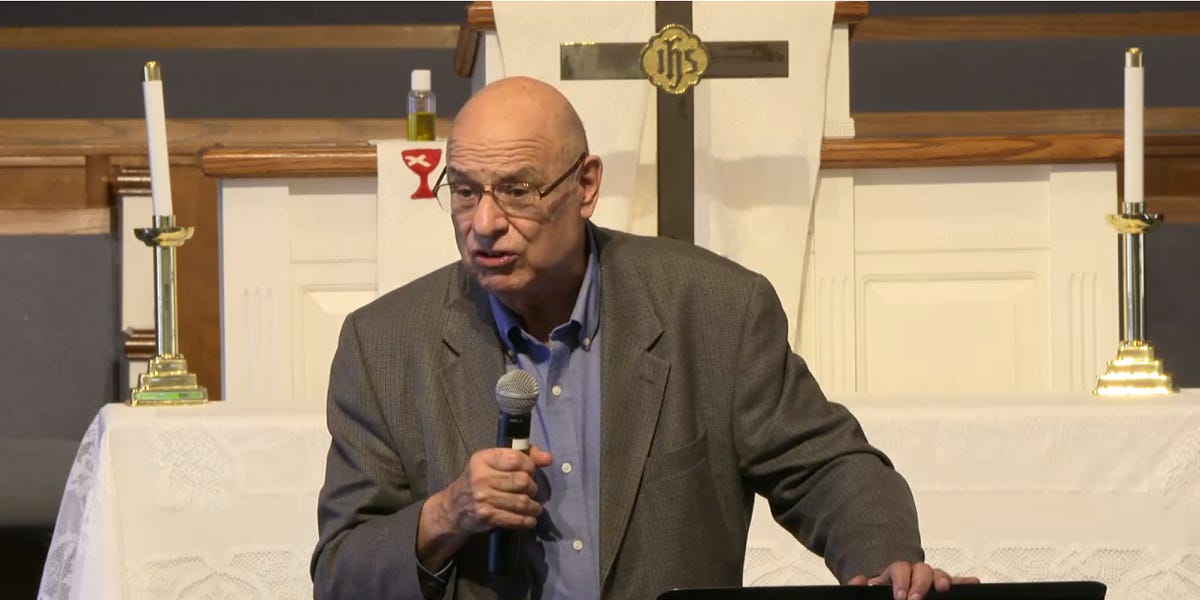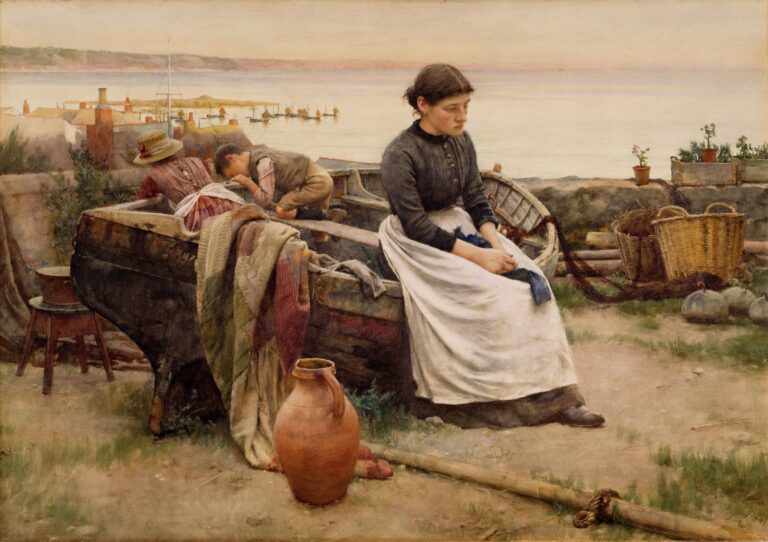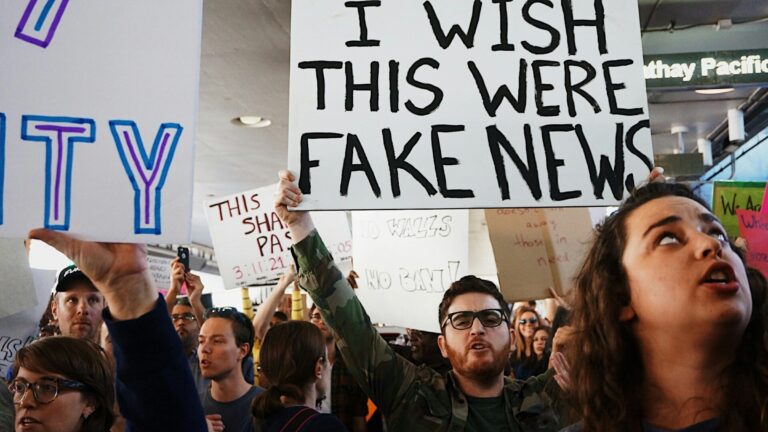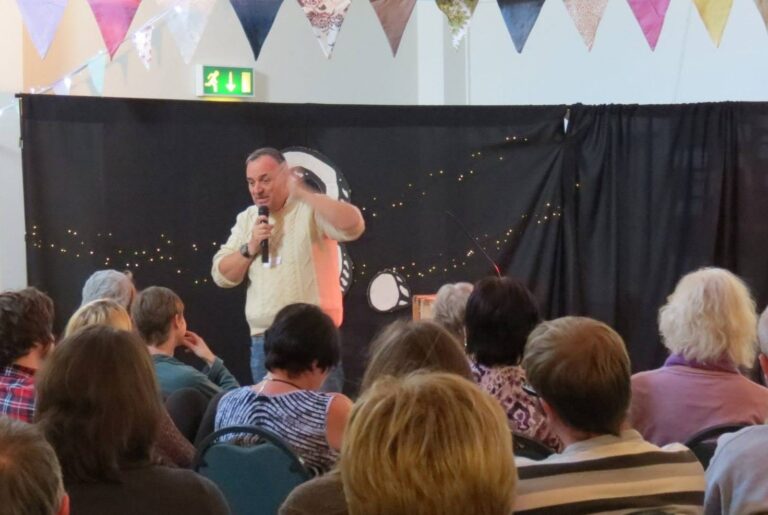If you’re human, you’re family
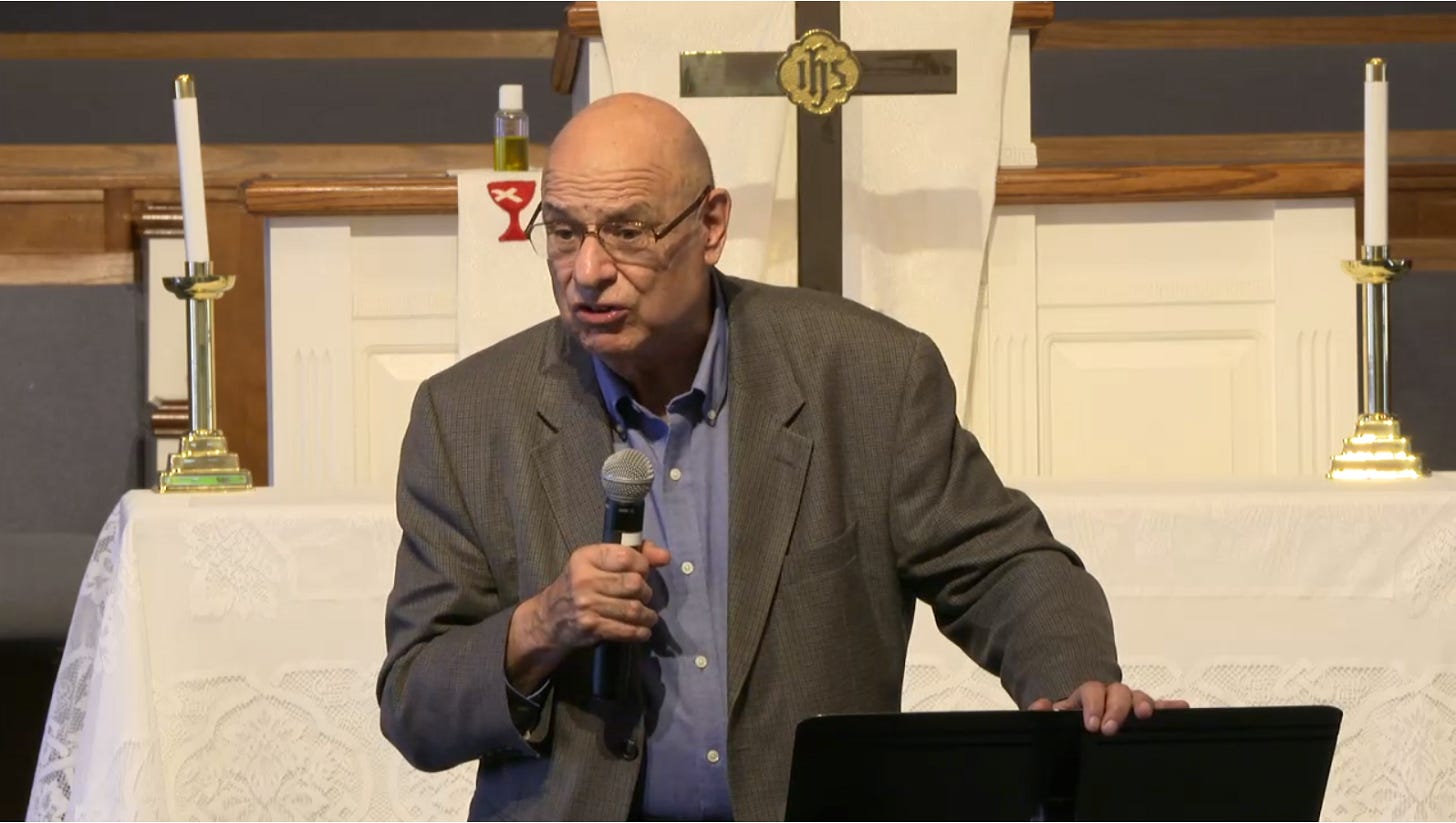
I was once at a Christian conference with the American evangelist Tony Campolo. I was in charge of the youth venue, and had invited Dr Campolo in to speak. Eight hundred teenagers filled the room, sitting on the floor from the rear entrance right up to the edge of the speaker’s platform. The meeting was already under way when Dr Campolo came in, so he had to pick his way over their bodies to get to the front. He had almost reached his goal when he spotted two girls a few rows into the crowd. They were African-Caribbean, among the very few non-white young people in the room. (This was a very middle-class, very “white-church” conference.)
My sense is that Dr Campolo was acutely aware of the minority status of these girls, whether or not they sensed it for themselves. As he passed them he turned to fix his eyes on each of them in turn. “You are beautiful!” he said, in his best and loudest Sergeant Bilko voice. “You are so beautiful! You don’t even know how beautiful you are. You are beautiful,” and he turned and continued on his way to the platform to address his nonplussed majority-white audience.
I have never forgotten that moment. It was over in a few seconds. In the grand scheme of world history it didn’t mean very much, but it struck me deeply. Why? Because Tony Campolo sensed that these two girls, in that context and at that moment, might need to be reminded of their worth. They needed to be told that they mattered; that their presence was valued and important. It was a spontaneous gesture, because they stood out from the crowd and caught his eye, and it was heartfelt, because he really was struck by their beauty. It was also deeply missional, because in a context in which there was a danger that they might not know their worth, he wanted them to know that they were seen and valued.
I learned three principles on that day that have come back to me many times in the intervening years. I learned the significance of eye contact – of letting people know, when I am with them, that they are seen and that they matter. I learned, too, that there are times when the value that I see in people should be spoken. Too often we think our compliments are trivial or obvious and that it’s OK to think them without speaking them. I have left good things unsaid too many times, and I regret it. If I could live my life again one change I’d look for is to speak, more often, the good I see in people. Every human being has a value, set not by their choice or their behaviour, but by their maker. Where I see it, I should say it.
Finally, I learned that like Tony Campolo I should be a little bit obsessed with the value and worth of people. I should be as thrilled in the presence of humans as a trainspotter is at Clapham Junction; as excited to meet new people as a “belieber” might be at meeting Justin for the very first time. God has a place for me in his purposes because he sees me as a valued child; because he knows my gifts; because he is committed to the fruitfulness and fulfilment of my potential. He made me. He called me to purpose. He has never given up on that call – and whatever place he has for me in his purposes will involve my seeing others as he has seen me. Mission means knowing that every person is his valued child; it means looking for and naming their gifts; it means committing myself to the fruitfulness and fulfilment of their potential. Mission begins when I know that God made each person. That he calls them to purpose. That he has never given up on that call.

